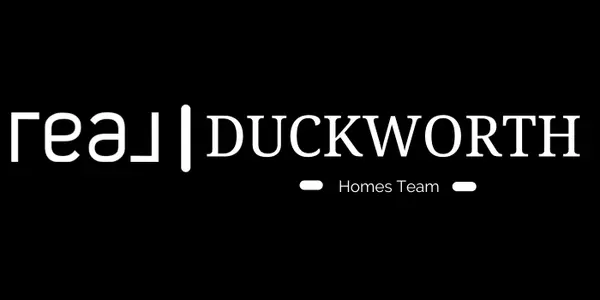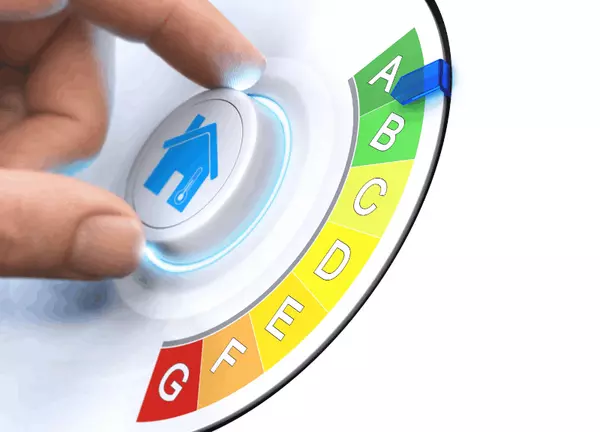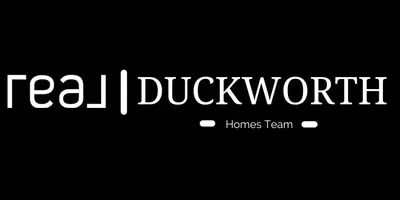10 Incredible Tax Benefits of Homeownership in Rhode Island and Massachusetts

Embarking on the journey of homeownership in Rhode Island and Massachusetts signifies more than just finding a place to live—it's a step towards building a valuable investment. To alleviate the financial strain of high mortgages, the US government offers a range of tax deductions tailored for homeowners in these states. Here, we delve into ten remarkable tax breaks that can significantly reduce your tax burden come tax season.
It's likely that until now, you've been opting for standard deductions on your taxes. However, as a homeowner, you now have the opportunity to itemize additional tax write-offs, amplifying your potential for savings. Moreover, contributions to charities and state taxes can open up further deduction avenues.
- Mortgage Interest Deduction
- Points Deduction
- Property Tax Deduction
- Mortgage Insurance Deduction
- Tax and Penalty-Free IRA Payouts
- Home Improvements Record-Keeping
- Energy Efficiency Credits
- Tax-Free Home Sale Profits
- Home Equity Loan Interest Deduction
- Adjusting Withholdings for Tax Savings
1. Mortgage Interest Deduction
Among the most prevalent tax breaks, homeowners can deduct interest paid on their mortgage, offering substantial savings. You can deduct interest on up to $1 million of debt acquired for purchasing or improving a home.
Typically, in January, your lender will furnish a Form 1098 detailing all mortgage interest paid in the preceding year. This information is crucial for claiming deductions on Schedule A of your tax return. It's imperative to ensure that all interest paid from the date of home purchase until the end of the tax year is accurately recorded.

2. Points Deduction
Homebuyers often pay "points" to secure their mortgage. These points, usually a percentage of the total loan, can be deductible under certain conditions:
- The loan is secured by your home.
- Points paid are consistent with the norm in your area.
- The cash paid towards points equals the down payment.
For instance, if you paid 2 points on a $300,000 mortgage, amounting to $6,000, this can be eligible for deduction provided you contributed at least $6,000 towards the deal.
3. Property Tax Deduction
Local property taxes are deductible annually. If you use an escrow account for tax payments, the amount may be listed on a form from your lender. Alternatively, if you directly pay your municipality, you can find the amount in your records.
Moreover, if you reimbursed the seller for prepaid real estate taxes in the year of purchase, this amount should also be factored in for deduction. However, remember that escrow payments themselves cannot be deducted, only the actual taxes paid within the tax year.
4. Mortgage Insurance Deduction
Homebuyers making a down payment of less than 20% often incur mortgage insurance premiums. These premiums, designed to protect the lender, can be deductible for mortgages issued during or after 2007.
However, deductions phase out for taxpayers with adjusted gross incomes exceeding certain thresholds. It's worth noting that this deduction does not apply to mortgage insurance paid before 2007.

5. Tax and Penalty-Free IRA Payouts
First-time homeowners can withdraw up to $10,000 from their IRAs for a down payment without incurring the usual 10% penalty. This exemption does not apply to 401(k) withdrawals.
To qualify, the withdrawal must be used within 120 days for purchasing or constructing the first home. Notably, the definition of "first-time buyer" extends to those who haven't owned a home in the past two years.
6. Home Improvements Record-Keeping
Maintaining records and receipts for home improvements, regardless of scale, is essential. While these expenses aren't immediately deductible, they factor into the home's basis, potentially reducing future tax liabilities upon sale.

7. Energy Efficiency Credits
Energy-saving home upgrades can qualify homeowners for energy tax credits worth up to $500. These credits directly reduce tax bills and cover a range of improvements, from windows and doors to heating systems.
More substantial investments in solar energy systems can yield even higher credits of up to 30% of their costs, without any dollar limits.

8. Tax-Free Home Sale Profits
Current tax laws allow homeowners to exclude significant portions of their home sale profits from taxation, subject to certain conditions. Individuals can enjoy tax-free profits of up to $250,000 (or $500,000 for married couples) if they've lived in the home for at least two of the past five years.
This exclusion can be claimed multiple times, provided the eligibility criteria are met, offering substantial tax savings upon sale.
9. Home Equity Loan Interest Deduction
Using home equity as collateral for borrowing allows homeowners to deduct interest charges on home equity debt, up to $100,000, regardless of the purpose of the loan.
This strategy is often utilized by real estate investors to expand their portfolios, leveraging the equity in their primary residence.
10. Adjusting Withholdings for Tax Savings
Homeowners can immediately realize tax savings by adjusting federal income tax withholdings at their workplace. This is particularly beneficial for those who will now itemize deductions due to higher mortgage interest.

Consult a Tax Advisor
While these tax breaks offer significant savings, navigating tax laws can be complex. For personalized tax advice tailored to your situation, consult with a qualified tax advisor.
Unlocking the Potential of Homeownership in Rhode Island and Massachusetts Owning a home in Rhode Island or Massachusetts not only provides shelter but also opens doors to substantial tax advantages. Whether you're a first-time buyer or a seasoned homeowner, maximizing these tax breaks can pave the way for long-term financial security and wealth accumulation. Reach out today and discover how you can capitalize on these benefits while making a sound investment in your future.
Categories
Recent Posts











